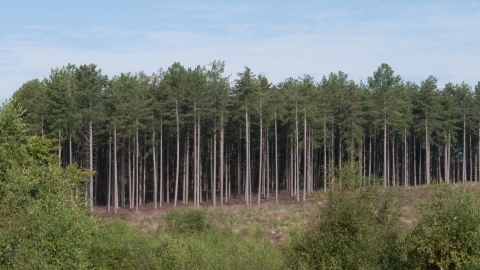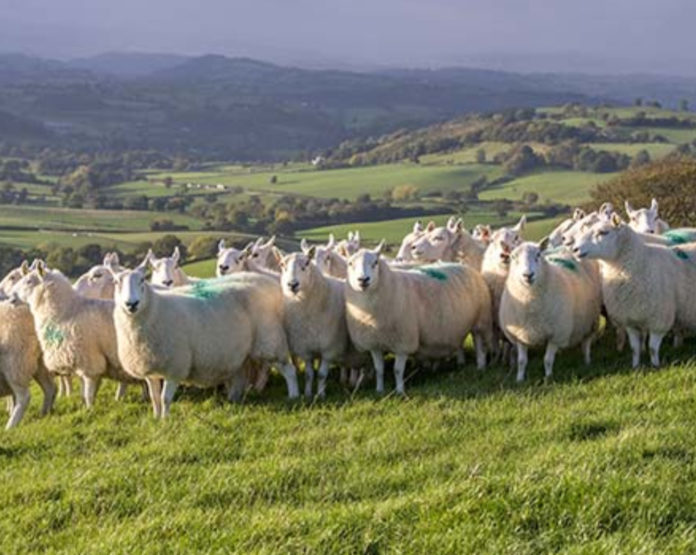Edward Saunders
As the momentum and pressure for society to ‘do something’ in regards to climate change gathers pace, farmers are facing yet another obstacle on top of their already busy lives. You would think that after making billions of pounds every year, corporations might take a long pause and a sit down before embarking on a crusade in the countryside. Yet unfortunately, greed has led them to into the valleys of Wales.
You see, as ‘being green’ becomes more and more fashionable, large companies have come under scrutiny for their carbon footprint, and as a result many have latched onto the ‘net zero’ commitment. However, instead of doing the hard work of changing their delivery vehicles to electric, for example, or using less paper, they have instead decided to buy up family farms and then just leave them unused forever. In other words, dairy or sheep farmers who are only just breaking even are being tempted by big money to sell up and move out, just so companies can virtue signal about how green they are.
What’s even more concerning is that the Welsh government has now enshrined this as official policy, incentivising companies to buy up farms, which results in young local agricultural graduates finding it harder and harder to find tenancies and get their foot on the ladder. This scheme, known as the ‘National Forest for Wales’, started off as a well-meaning drive to create habitats. However, it’s being taken advantage of by companies looking to deflect the public’s attention away from their profits by boasting about their green ‘credentials’.
Companies worth billions can actually purchase the farm land effectively for free, by being reimbursed by the taxpayer, and are not required to pay compensation to the agricultural industry or the nation for the loss of food production that results. British consumers will be paying more for their food as a result if this continues, and as supply chain issues in recent months have demonstrated, producing your own food as a nation should be a priority as much as possible.
One of the most damaging impacts of all this though is that not only are the farms being bought up and farming communities coming under threat, but the land purchased is then planted with non-native trees, as only 25% of trees planted are required to be indigenous. This means that the tree planting actually causes there to be less biodiversity than before. Acidic pines, which kill off pretty much everything below them, including the top levels of the soil, are preferred by foreign companies because they grow faster.

When it comes to demographics farming is the Whitest industry in the country, (something which our opponents have taken note of), and also one that is continuously ignored by politicians on all sides of the political spectrum. Nobody can seriously argue that creating habitats for wildlife is a bad thing. However, buying up Welsh valley farms and as a result destroying both the communities and their food production is not the answer. Companies based in tax havens like the Bahamas and Guernsey will no doubt virtue signal about offsetting their carbon footprint by planting trees, whilst at the same time hoping that nobody begins to wonder why there’s an increasing number of deserted farms in Carmarthenshire.
In my opinion, this is a classic example of why corporatism/global capitalism can be so dangerous to local communities, as they are frequently outpriced and pushed from their own industry and local area. A similar situation is happening in Ukraine, where the Chinese have bought up millions of acres of farmland to feed their people, and now control large swathes of Ukraine’s arable land. European politicians, asleep at the wheel as usual, simply cannot grasp the level of danger this puts their people in. For now, only a few dozen highly productive farms in Wales have been lost, but unless something is done, the world is waiting to take our fertile land from us for their own ends.











